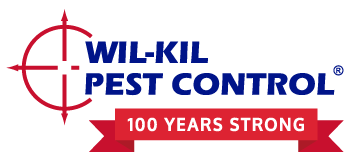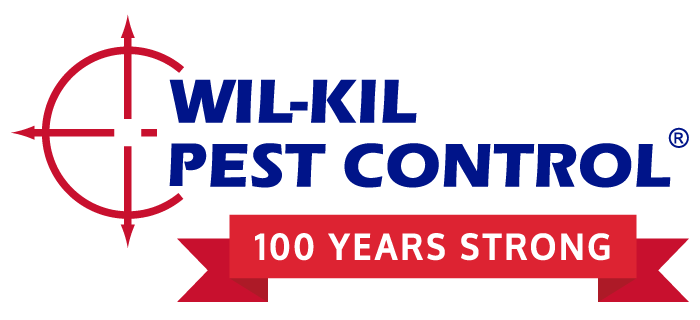Menomonee Falls Patch
February 13th, 2013
Traveling this winter? Sleep tight – don’t let the bed bugs bite!
You cannot just “get” bed bugs. They have to be brought into your home. One way of bringing bed bugs into your home is from hotel rooms. Whether traveling in the United States or internationally, there are hundreds of places where your luggage might come in contact with bed bugs. Bed bugs might be in your hotel room, in the trunk of a taxi, in the luggage compartment of the airplane, or in the baggage handling facility at the airport. Although you cannot control your bag’s travel experience, you can inspect your hotel room on arrival and your luggage prior to bringing it back into the home.
How to Spot a Bed Bug
Get A Free Quote
First, let’s make sure you know what bed bugs look like. Adult bed bugs can be seen easily with the naked eye. Adults are reddish brown and about the size of an apple seed. The nymphs (or babies) can also be seen with the naked eye but they are smaller and a translucent white-yellow in color. The nymphs that first hatch out of the egg are the most difficult to see. You can also see the eggs, especially on a darker surface like behind the headboard or on the bottom side of the box spring. However, on a white mattress or white box spring, they are difficult to see.
In addition to spotting bed bugs themselves, there are also other signs of bed bug infestations. Bed bugs go through a process called molting when they grow. When a bed bug molts, it sheds its external skeleton (like cicada skins you’ve seen on trees). Bed bugs molt five times, so there may be many skins lying around where bed bugs are living. Bed bugs only feed on blood (primarily human blood) and, of course, they have to excrete some of the excess liquid as waste. This waste, called fecal spotting, is black in color and is often found before the bed bug. Fecal spots can be found on a mattress or box spring, behind the headboard, along the baseboard, at electrical outlets and behind pictures on the wall.
Checking Into a Hotel Room
One of the most common ways of encountering bed bugs is in a hotel room. Inspecting your room for signs of bed bugs is very important for protecting not only yourself, but a future infestation in your home.
When inspecting your hotel room:
- Pull back all of the bedding at the head of the bed near the headboard to look for bed bugs and fecal stains (usually black spots)
- Check the underside of the mattress piping and tags
- Check the seams and piping of the box spring
- If possible, lift up the headboard and remove it from the wall to inspect the back of it. This may take two people.
- If bed bug evidence is found, report it immediately to hotel management and ask for another room
Returning Home
Tips for inspecting and laundering your travel items:
- Avoid setting your suitcase on the bed while unpacking
- Immediately launder all clothing
- Using the high heat setting in the dryer for at least 20 minutes kills all life stages of bed bugs. If you have items that cannot be laundered like shoes and backpacks, place those in the dryer.
- Using a flash light, perform a close inspection of all items that cannot be laundered or placed in the dryer, such as your suitcase. I place my large items in a big suitcase and store them in the garage until my next trip. If you can, avoid storing luggage in the bedroom closet.
- If you want to take extra precautions, some pesticides can be used on your suitcase. These products can be found in your big box hardware stores or online.
I hope I haven’t scared you to the point that you no longer want to stay overnight in a hotel, as that’s definitely not my intention. I stay in hotels at least a couple nights every two months, but I am now bed bug conscious. My awareness of encountering bed bugs as a way of prevention has kept me from bringing bed bugs into my home, and yes, I have found bed bugs in my hotel room, but just once. I perform that quick inspection upon checking in, and take precautions when I get home. Bed bug treatments are not simple and can be expensive, and for this reason we all need to be bed bug conscious and stop their spread.
Shane McCoy is an Associate Certified Entomologist with 17 years of experience in Pest Management and is the Technical Training Director for Wil-Kil Pest Control, servicing Wisconsin and all of the Upper Midwest. To learn more about Wil-Kil, visit www.wil-kil.com, or contact your local office at 800-236-8735. Follow Wil-Kil on Facebook and Twitter (@WilKilPest).
Contact Wil-Kil for our bed bug control services.

